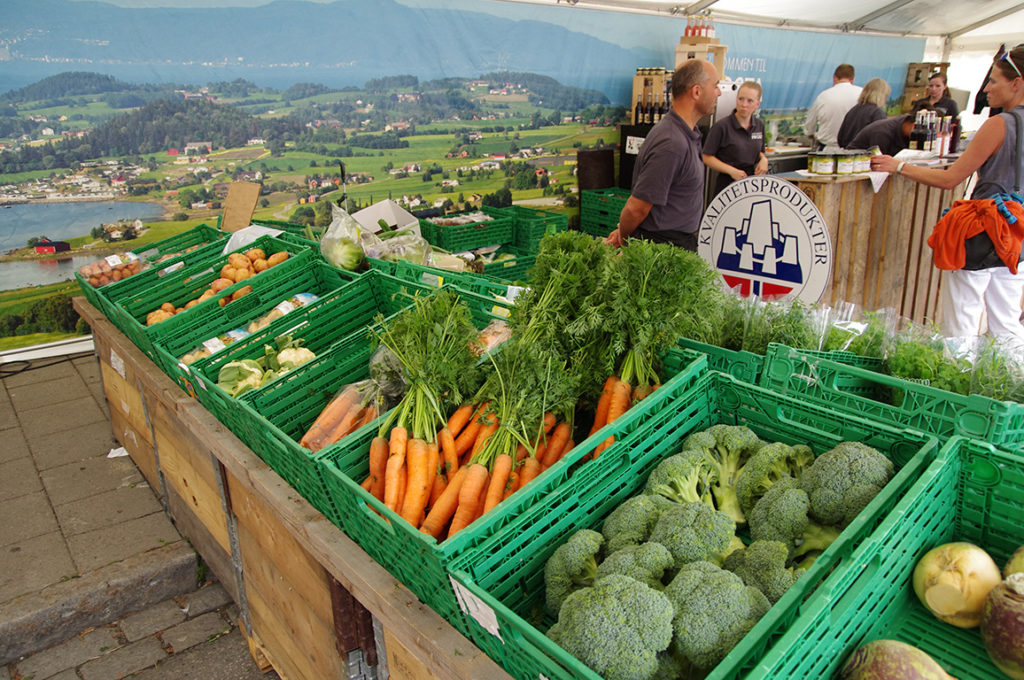Across the EU, farmers’ income from the production of standard agricultural products is decreasing, in many areas domestic products lose market shares to foreign products, and there is a continuing trend of job loss in rural areas. Provenance foods offer a pathway for sustainable rural transformation.
Objectives and topic: Provenance foods can be defined as foods with distinct qualities derived from their place of origin and/or production history. The uniqueness of provenance foods derives from their distinct sensory characteristics, geographically specific place of origin, and the tradition and culture associated with food. All these markers of uniqueness can be communicated to consumers through branding processes. Both natural and cultural heritage is drawn on in the production and marketing processes to generate added value for actors in the food chain, by for example drawing on specific climatic or soil conditions, or traditional or unique food growing and processing techniques. This combination of social and bio‐physical factors resulting in a uniqueness of a product is referred to as terroir in the wine world, and in the context of EU foods is legally recognized through the protected designation of origin (PDO), protected geographical indication (PGI), and traditional specialties guaranteed (TSG) schemes.
In many EU countries, provenance foods have proven to have a positive impact on national food economies and on national biodiversity indicators. This is achieved through the diversification of the agricultural landscape and a similar diversification of the food markets. However, in other areas particularly in northern Europe this development is less developed. The objective of this working group is to facilitate a transdisciplinary discussion, involving science, sociology, geography and economics concerning the opportunities and barriers for a rural transformation via provenance food, as well as how and why provenance food contribute to rural development. Hence, with the working group we wish to explore the concept of provenance food in several perspectives:
- Market perspective: How does the configuration of value chains and business models influence the success or failure of local provenance food initiatives?
- Communication perspective: How does provenance draw on and build on place narratives, local identities and how can these be communicated in place branding?
- Governance perspective: How can the transformation process be coordinated in the multi-scalar landscape between different stakeholders, such as producers, private enterprises, municipalities and knowledge institutions, thus, ensuring alignment of product development with regional development policies and sustainability goals?
- Resource perspective: How can local resources be identified, mapped and mobilized towards a sustainable rural transformation?
Format: The sessions will be organized as ” Lightning talks”, where an idea or a central research finding is presented in 5 minutes by the presenters. The remaining session is dedicated to plenary discussion and/or small group discussions between the presenters and the other session participants.
[1] Aarhus University, Department of Agroecology
[2] Aarhus University, BSS
Abstracts
Working Group Session 1 Wed 09:00 – 10:30
- Chris Kjeldsen – Developing an integrated approach to Danish provenance food developmen
- Trine Ørum Schwennesen – Seeking out the ’potential’ in developing provenance food: The case of shepherding in Western Jutland, Denmark
- Wilhelm Skoglund – Gastronomy, craft beer and policy – regional development perspectives
- Carol Kyle – Constraints to increased livestock production on small farms in Scotland
- Klaus Brønd Laursen – Why business models matter in local food production
Working Group Session 2 Wed 11:00 – 12:30
- Atle Wehn Hegnes – Provenance as source of origin, but which origin? Opened thoughts around Stockfish from Lofoten as a case study
- Elisabete Figureido – Selling the Rural in Urban Specialty Stores – Establishing new liaisons between town and country through the sale of rural provenance food products in Portugal
- Luke Owen – Pathways to sustainability? Aligning Protected Food Names with agroecological praxis in Wales
- Seungha Baek – The value chain governance of Public Food Procurement in Korea: the role of public kitchen as a leading actor in rural agri-food systems
- Bonnie Averbuch – Using multi-level perspective to understand differing degrees of organic adoption in the Danish dairy cattle and pig sectors
- Martin Hvarregaard Thorsøe – What influence the success of provenance food initiatives?

